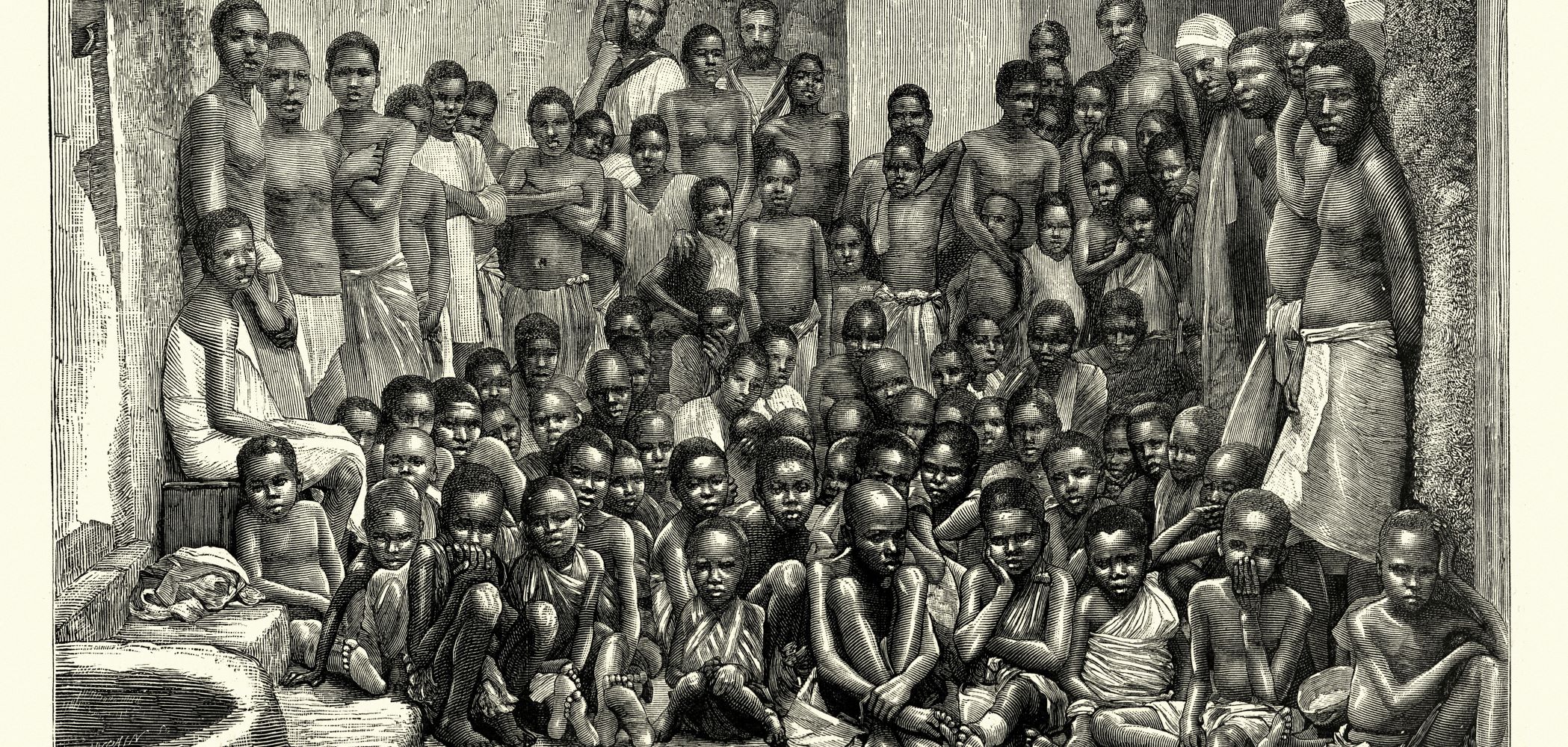â€Remove race discrimination’ call
Imagine feeling as though no matter how much hard work you put in, hours given and qualifications earned, progression in your company is always out of reach.
This week (February 11 – 17) marks the fourth year of the TUC’s Heart Unions week – in which trade unions countrywide are celebrated and our members are encouraged to shout, loud and proud, about why they â€heart’ their union Unite.
So you would think that in Heart Unions week, 2019, it would be a given to assume that equality and diversity should be very much in the minds of most employers as they strive for equality amongst their workers.
But the findings of a Unite survey just in indicate that this may not be the case when it comes to issues facing our black and ethnic minority (BAEM) members.
Concerned that discrimination could be unfairly affecting members, Unite South East region took action. The region surveyed our BAEM members, urging them to have their say on the challenging issues members face – such as career progression, race pay gap issues and discrimination around race, culture and beliefs.
We wanted to learn if these prejudices might be a result of a lack of training and education on equality and diversity in the workplace. Or might they be a product of a deep-rooted societal bias that our BAEM members have to face on a regular basis across many workplaces?
Responding to our questions, a shocking but not altogether unexpected 61.5 per cent of survey respondents believed that there are race discrimination issues in their workplaces – with a further 30.8 per cent unsure either way.
Indeed, that some workers could not categorically say that race discrimination is not prevalent in their workplace paints a worrying picture, we believe, of what BAEM workers could be facing in their everyday working lives.
With race discrimination you often find prejudices against certain religions and beliefs go hand in hand. One member commented that where he worked he has found “some deep hate, stereotypes and negativity when talking about Muslims or the Muslim community and countries.”
Lack of career progression or development was another of the survey questions, asking if a â€glass ceiling’ existed for BAEM workers. This question was particularly insightful as a staggering 77 per cent – over three quarters of respondents said that there was – confirming the feeling that there is an invisible barrier to career progression, and it is a  grim reality for many BAEM workers.
One respondent from the survey said, “I have to work twice as hard and have twice the qualifications as my colleagues, yet I never get recognised for all the work that I do even though I know my output is double that of my white counterparts.”
But that’s not all. We decided to ask about inequalities in pay – the â€pay gap’. Back in December 2018 The Guardian reported a wages loss of ÂŁ3.2bn for BAEM workers in the UK compared to their white counterparts. The TUC has also urged employers to focus on this issue much in the same way new rules were brought in that companies had to abide by for gender pay gap reporting. The TUC suggests that government guidance should be issued “for employers to ensure they are consistent in how they measure and report their pay gaps.”
And as for their views on the pay gap between BAEM workers and non-BAEM workers, Â respondents believed that companies should take responsibility to survey their workers and use salary comparisons tools to see where these pay gaps may be appearing.
Transparency was key. Almost all of our BAEM members surveyed were not aware of the salaries of their colleagues and would welcome a move by the government to push companies to publish race pay gap reporting.
“These survey results confirm what we have long believed to be the case,” commented on Janet Henney, Unite South East region equalities officer. “We are working with our officers and workplace reps to seek out, address and rectify these issues. Discrimination on the basis of race needs to be called out and removed at every opportunity. We shall not stop till we have fairness for all.”
So as we celebrate trade unions for Heart Unions week and the progressive work we do with all our members, it’s also important to highlight there are still many challenges facing our BAEM members.
Unite believes equality is at the forefront of our union, our membership knows no barriers and we will always fight for equality and inclusivity for all our members. So if you are not a member of Unite yet, why not be part of a union that listens and takes action? Join Unite today!
 Like
Like Follow
Follow


